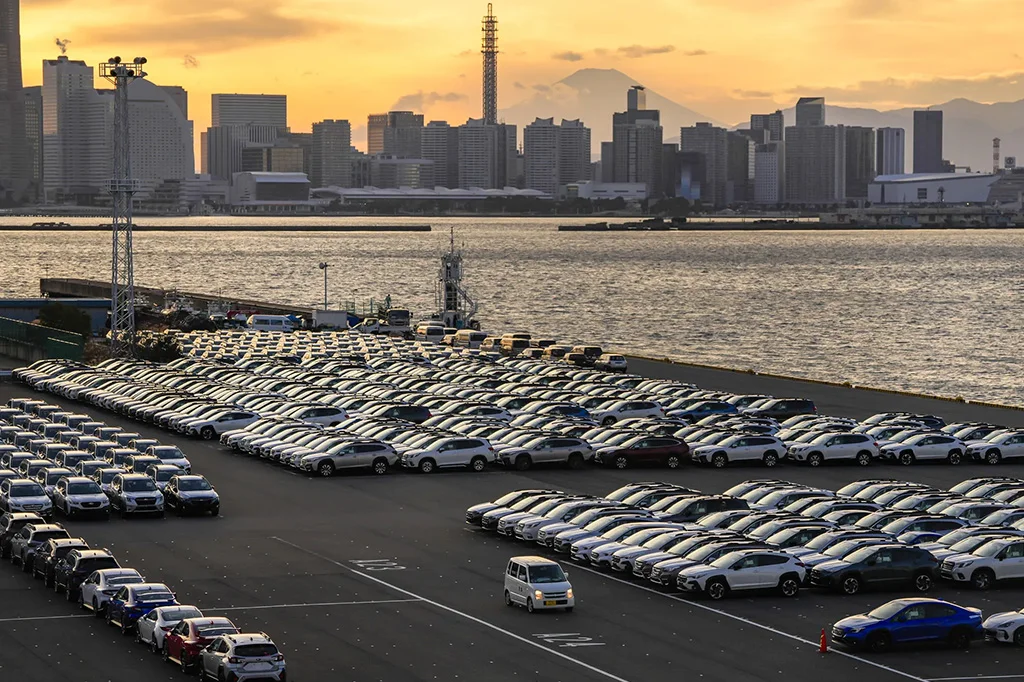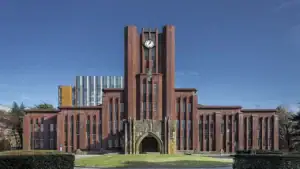U.S. President Donald Trump has signed an executive order lowering tariffs on Japanese automobiles and other imports, formalizing the trade deal announced in July. The move cuts tariffs on Japanese cars from 27.5% to 15%, easing pressure on Japan’s auto industry and providing clarity after months of uncertainty.
The agreement also covers Japanese investments of $550 billion in U.S. projects, an annual $17 billion defense spending commitment with American firms, and the purchase of 100 Boeing planes. In return, Japan has pledged to increase U.S. agricultural imports, including rice, corn, soybeans, and bioethanol, worth $8 billion annually.
Japanese automakers like Toyota and Honda welcomed the deal, noting it ensures stability in the world’s largest auto market. Shares of Japanese car companies rose slightly after the announcement. South Korea, which is awaiting a similar deal, said it is assessing the impact of Trump’s move.
Two-way trade between the U.S. and Japan totaled nearly $230 billion in 2024, with Japan running a $70 billion surplus. The White House stressed that the agreement strengthens economic ties with a key ally while boosting U.S. agriculture, aviation, and defense sectors.
Read More: Honda City Facelift Set to Launch Next Week
The executive order signals relief for Japan’s export-heavy economy but also comes at a sensitive time for Prime Minister Shigeru Ishiba, who faces growing political challenges at home.









